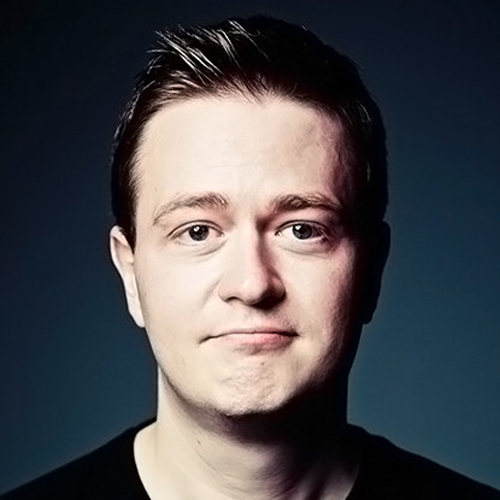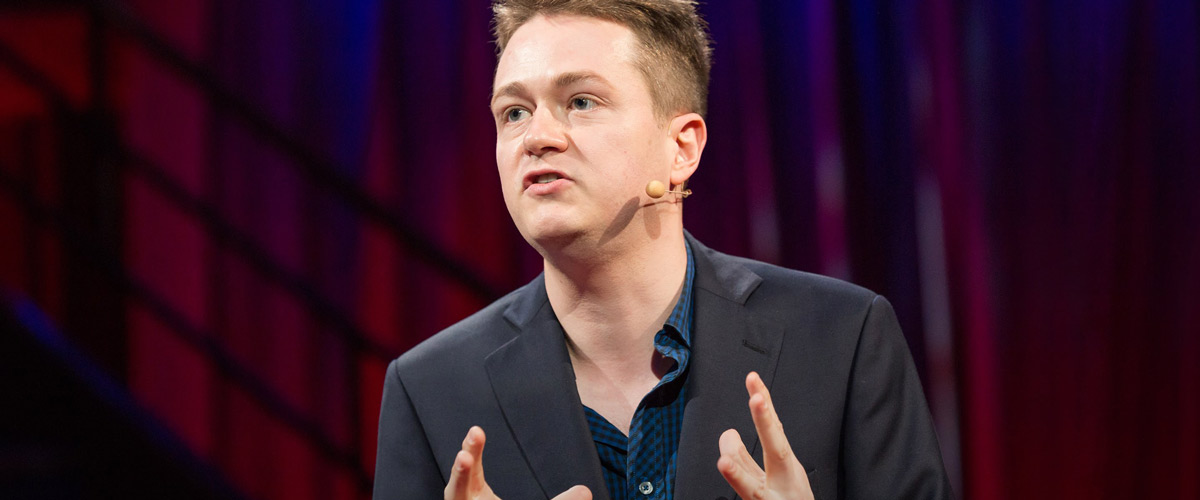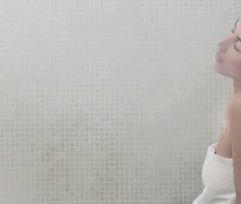In a TED Talk about the best way he knows to battle addiction, Journalist Johann Hari builds a strong case for why everything we think we know about addiction is wrong and how we could approach it differently to truly help alleviate the societal problem.
Being a curious journalist who lost family members to drug addiction as a child, Hari went on a worldwide search for an answer to this question: is there a better way we can help the ones we love who are suffering from addiction?
 This search took him all over the globe, from a transgender crack dealer in Brooklyn all the way to the only country in the world that has decriminalized all drugs from marijuana to cocaine — Portugal. In Portugal he found their approach to helping alcoholics had yielded incredibly positive results.
This search took him all over the globe, from a transgender crack dealer in Brooklyn all the way to the only country in the world that has decriminalized all drugs from marijuana to cocaine — Portugal. In Portugal he found their approach to helping alcoholics had yielded incredibly positive results.
“We think, because there are chemical hooks in heroin, as you took it for a while, your body would become dependent on those hooks, you’d start to physically need them,” said Hari in his talk. “And at the end of 20 days, you’d all be heroin addicts. Right? That’s what I thought.”
Taking this theory one step further, Hari asked why it is then that everyone who is exposed to heroin in hospitals—and there are many of them on a yearly basis—do not end up leaving the hospital as addicts. “Everyday people are sent to the hospital with injuries that require diamorphine to stop the pain,” continued Hari. “Diamorphine is heroin—probably a much cleaner and effective form of it than you’ll find on the streets. If what we knew about addiction was true, anyone who’s suffered an injury would be an addict, right?”
By this point the audience is clued in to the fact that this just doesn’t seem right. So why is it that some return to the drug while others don’t?
Hari continued by examining the findings of other scientists who conducted heroin experiments with rats.
“A rat was put into a cage and given two bottles of water,” says Hari. “One had heroin, the other was clean water. That rat consistently chose the water with heroin over the clean water and eventually killed itself from overdose.”
This sounds like a scenario to prove the age old addiction theory. Except that another experiment was also conducted to test this one. “In another scenario, a rat was put into a cage with many other rats and many things to keep the rat busy — a rat heaven,” as Hari called it. The same two options of water were available to the rats and they consistently chose the clean water.
This led to an obvious conclusion for Hari: “maybe addiction isn’t about the chemical hooks, but about the cage we are in.”
“Human beings have a natural and innate need to bond, and when we’re happy and healthy, we’ll bond and connect with each other, but if you can’t do that, because you’re traumatized or isolated or beaten down by life, you will bond with something that will give you some sense of relief,” Hari said. “I came to think, and I believe the evidence suggests, it’s about not being able to bear to be present in your life.”
So, going back to the decision for Portugal to decriminalize drugs. In a scenario where someone cannot bear being present in their own life, if the government now punishes and threatens them for using, it will make their lives even worse by adding criminalization to their list of woes. So all of their problems become worse. By making these problems worse—and by problems we mean getting a fulfilling job or cutting themselves off from family relationships—we may be only fostering a stronger need for whichever addiction our loved ones are abusing.
Here is what they did in Portugal instead:
“‘Decriminalize all drugs from cannabis to crack,’” says Hari. “But – and this is the crucial next step – ‘take all the money we used to spend on cutting addicts off, on disconnecting them and spend it instead on reconnecting them with society.’”
In Portugal, addicts were sent to rehab and therapy and employers were given incentives to hire those coming out of addiction. The result?
“Injecting drug use is down in Portugal, according to the British Journal of Criminology, by 50 percent, five-zero percent,” says Hari. “Overdose is massively down, HIV is massively down among addicts. Addiction in every study is significantly down.”
This theory does not have to be applied only to hard drugs like heroin. Hari encourages his audience to look at their own addictions that might not even be criminalized —their smartphones, their work, social media. He challenges them to ask themselves: do they have true connections and bonds? Do they have people who they know they can lean on in a crisis?
Because, that is what he now believes is the cure to addiction. Having someone who loves you to hold your hand when you need it. “I love you whether you’re using or you’re not.” he says about how a loved one should be there for an addict. ”I love you, whatever state you’re in, and if you need me, I’ll come and sit with you because I love you and I don’t want you to be alone or to feel alone.”
His final remarks solidify this concept: “the opposite of addiction is not sobriety.” he says. “The opposite of addiction is connection.”





